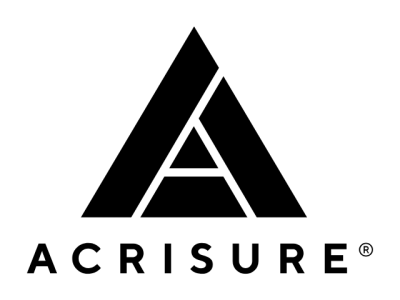
Sponsored Content
As the summer wraps up and vacations come to an end, stores are stocked with school supplies, signaling the beginning of one of the most hectic times for employers and benefits professionals – open enrollment. Simultaneously, this period also indicates the approach of the renewal season, with updates on what 2026 holds for employers.
If you haven't been in touch with your account representative to initiate the 2026 renewal process, consider this your reminder, as it requires adequate time.
In Case You Missed It
The IRS has released Rev. Proc. 2025-25, which reveals the inflated adjusted amount for 2026 to determine the affordability of employer sponsored coverage by the Affordable Care Act’s (ACA) employer shared responsibility provision and the premium tax credit program. For plan years beginning January 1, 2026, the affordability percentage for employer mandate purposes is indexed to 9.96%. This is a notable increase from the previous year’s affordability percentage of 9.02%.
Additionally, they have released Rev. Proc. 2025-26, which updated the penalty amounts for 2026 related to the employer shared responsibility (“pay-or-play”) rules under the Affordable Care Act (ACA).
Depending on the circumstances, one of two penalties may apply under the pay-or-play rules, the 4980H(a) penalty or the 4980H(b) penalty, as follows:
- "A" Penalty: This penalty applies when an Applicable Large Employer (ALE) doesn't offer coverage to at least 95% of its full-time employees (and their dependents) and at least one employee receives subsidized coverage through a Marketplace Exchange.
- "B" Penalty: This penalty applies when an ALE offers coverage, but it is either not affordable or does not provide minimum value, and an employee receives a premium tax credit through a Marketplace Exchange.
This chart outlines all 2026 changes:
Code Section | Penalty A | Penalty B | Affordability % |
|---|---|---|---|
Description | Coverage not offered to 95% of full-time employees (minus the first 30 FTE) | Coverage offered, but unaffordable or is not minimum value | Premium credits and affordability safe harbors |
2026 | $3,340 | $5,010 | 9.96% |
2025 | $2,900 | $4,350 | 9.02% |
2024 | $2,970 | $4,460 | 8.39% |
Under the ACA, Applicable Large Employers (employers that employ 50+ more full-time equivalent employees on average in the prior calendar year) must offer affordable health insurance coverage to full-time employees. If affordable health coverage is not offered, the employer may be subject to an employer shared responsibility penalty. Health coverage is considered affordable if the employee’s required contribution for self-only coverage on the employer’s lowest-cost, minimum value plan does not exceed 9.96% of the employee’s household income in 2026.
Employers may use one or more safe harbors in determining if coverage is affordable: W-2, Rate of Pay, and Federal Poverty Level. If coverage is not affordable under one of the safe harbors and a full-time employee is approved for a premium tax credit for Marketplace Exchange coverage, employers may be subject to the employer shared responsibility penalty.
The Department of Labor has just released New Model CHIP Employer Notice, with information as current as July 31, 2025.
As a reminder, under the Children’s Insurance Program Reauthorization Act of 2009 (CHIPRA), group health plans in states that provide premium assistance subsidies under a Medicaid plan or a Children’s Health Insurance Plan (CHIP) are required to meet the annual notice requirement, regardless of the employer’s location. An employer can choose to provide the notice on its own or at open enrollment.
Employers should start using the updated form accordingly.
The Consolidated Omnibus Budget Reconciliation Act (COBRA) is an area that poses significant legal risks for employers, with a history of lawsuits emphasizing the critical nature of proper employer notifications. Our recommendation? If there's any uncertainty, outsourcing the task is a prudent and cost-effective decision that is well worth the investment.
For assistance in selecting a COBRA administrator, please reach out to your designated Account Manager.